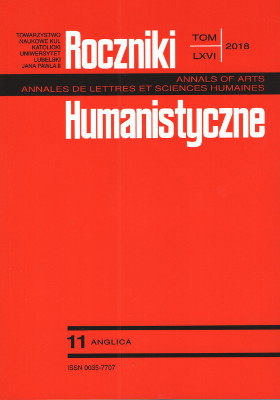Terms between Standardization and the Mental Lexicon
Terms between Standardization and the Mental Lexicon
Author(s): Pius ten HackenSubject(s): Language and Literature Studies, Theoretical Linguistics, Semantics
Published by: Towarzystwo Naukowe KUL & Katolicki Uniwersytet Lubelski Jana Pawła II
Keywords: sound symbolism; sound schema; meaning patterns; intensity; number of syllables
Summary/Abstract: Classical terminology, as reflected in the works of Eugen Wüster, assumes that the meaning of terms should be delimited precisely. Prototype theory can be seen as an existential threat to this approach, because it assumes that there is a gradual transition from clear instances of a concept to non-instances, without a natural cut-off point. The discussion of terms from a variety of different domains suggests that we should distinguish two types, called here terms in the narrow sense (TiNS) and specialized vocabulary. For specialized vocabulary, it is not a problem that concepts have a prototype structure. For TiNS, a clear delimitation of the meaning is required.The introduction of TiNS as a special kind of term raises the question of their status as linguistic objects. For a word, there is no purely empirical basis to determine whether it exists as a word of English (or any other language), because neither English as a language nor any of its words are empirical entities. They exist as theoretical generalizations about speakers’ competence. TiNS are different. They are argued to exist as abstract entities in the same way as pieces of music.
Journal: Roczniki Humanistyczne
- Issue Year: 66/2018
- Issue No: 11
- Page Range: 59-77
- Page Count: 19
- Language: English

